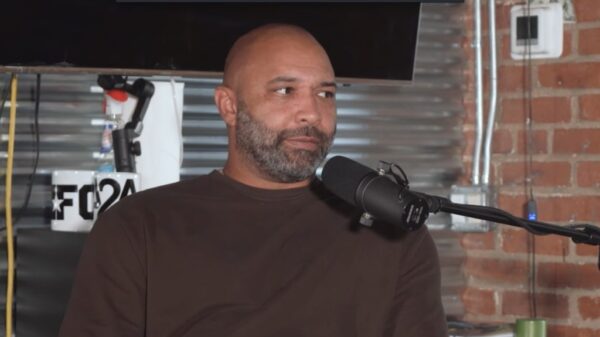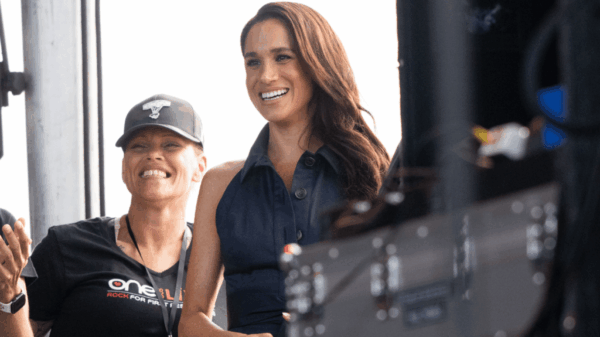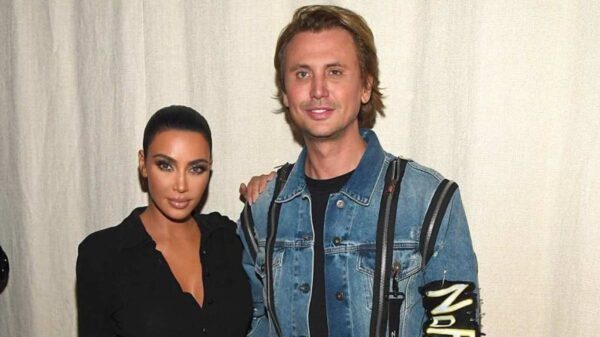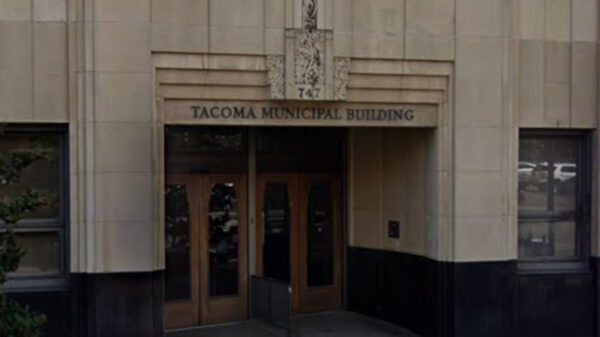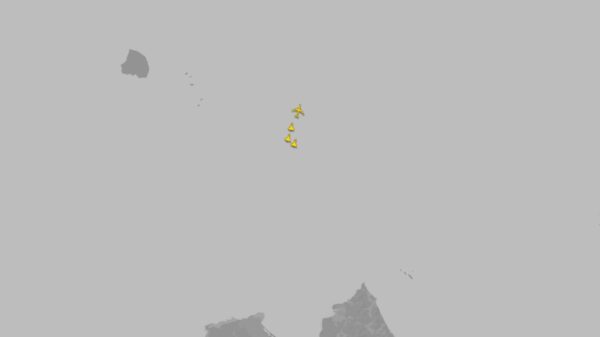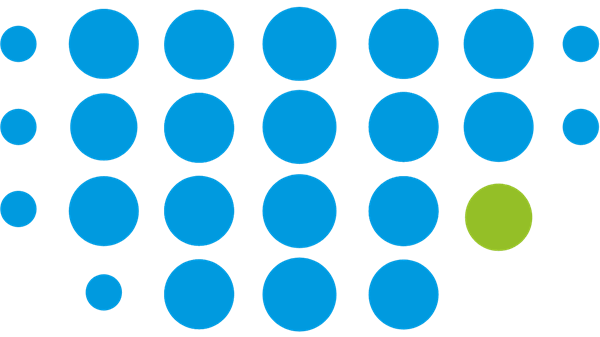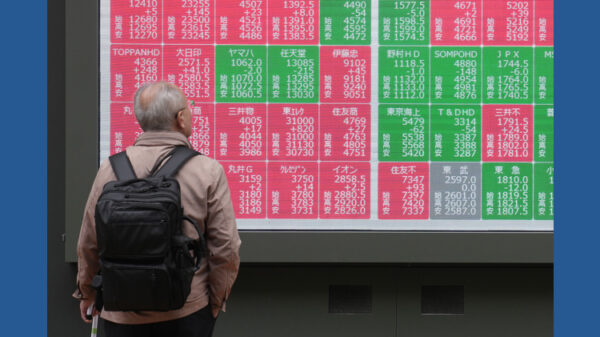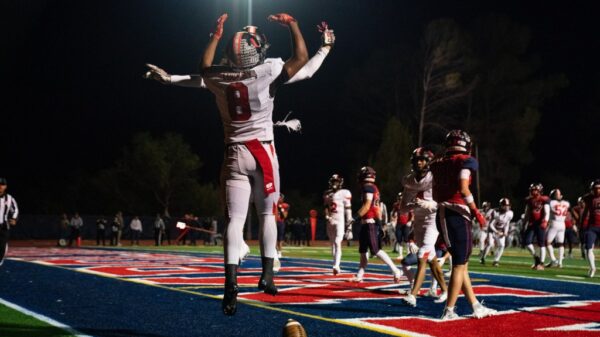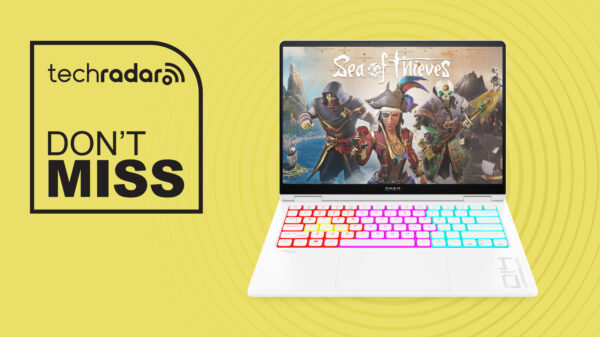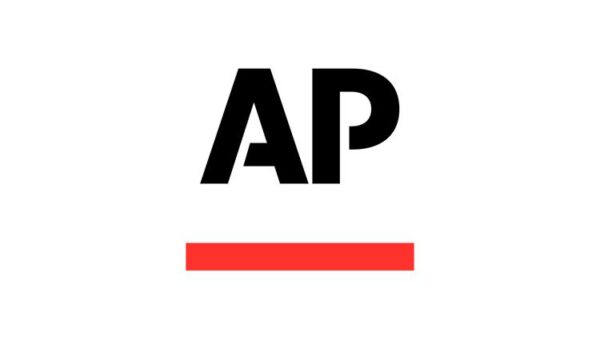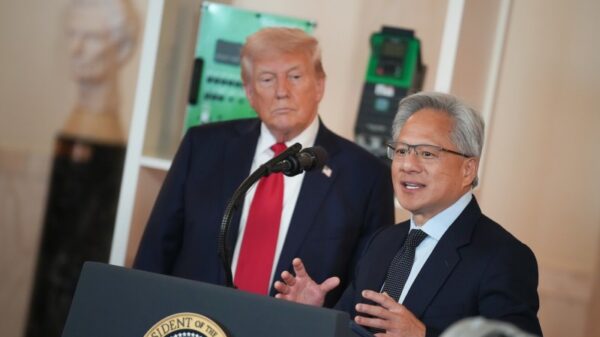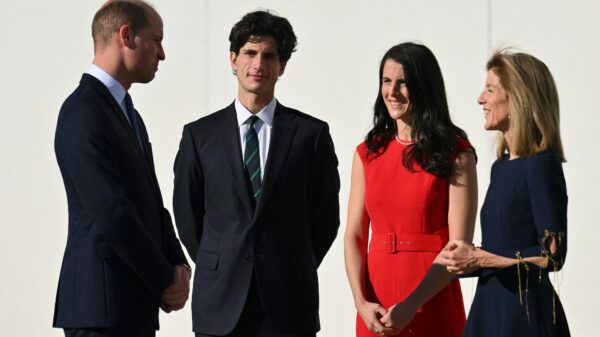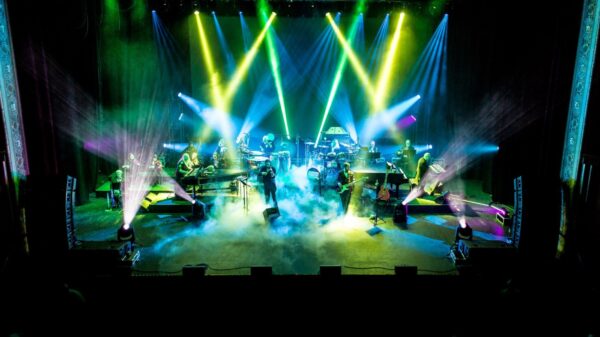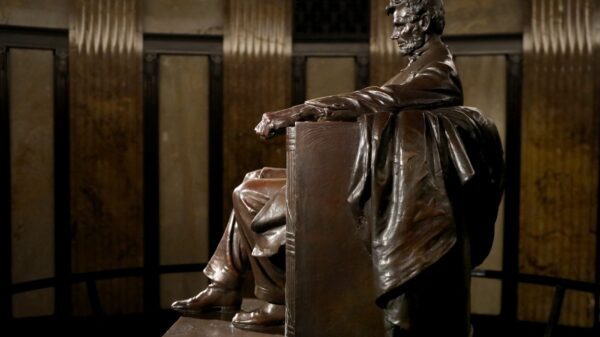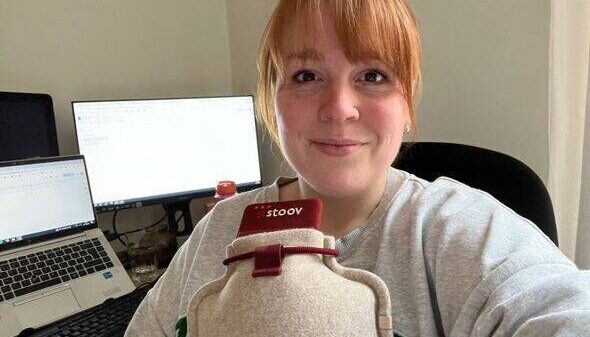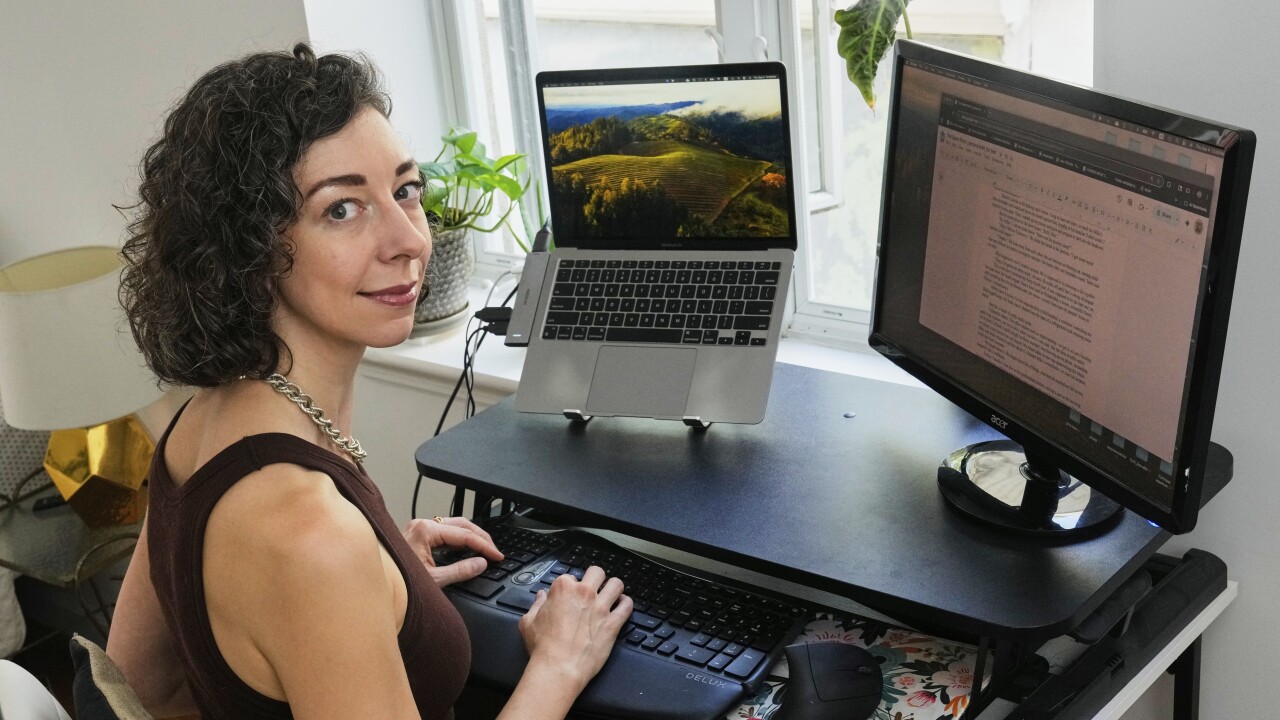AI startup Anthropic has agreed to a settlement of $1.5 billion following allegations of copyright infringement and piracy involving the works of several prominent authors. The lawsuit was filed by well-known writers Andrea Bartz, Charles Graeber, and Kirk Wallace Johnson, who claimed that Anthropic illegally downloaded pirated versions of their works and used them to train its artificial intelligence models.
According to the complaint, Anthropic allegedly “downloaded known pirated versions of the works, made copies of them, and fed those pirated copies into its models.” The legal proceedings brought to light the contentious debate over copyright law in the age of artificial intelligence. Nouvelle Gonzalo, a corporate law expert specializing in intellectual property, highlighted the contrasting arguments presented in court. Anthropic defended its actions by asserting that its use of the works constituted a transformative work under copyright law, which implies that the final product significantly differs from the original.
The judge ultimately ruled in favor of Anthropic regarding the copyright issue, determining that the company’s usage fell under the category of “fair use,” thus making it legal. However, the judge also found that downloading these materials from an online shadow library was an act of piracy. In a statement to Scripps News, attorney Justin Nelson, representing the plaintiffs, described the settlement as groundbreaking. “This landmark settlement far surpasses any other known copyright recovery,” he stated. “It is the first of its kind in the AI era and will provide meaningful compensation for each class work.”
This settlement not only compensates the authors but also sets a significant precedent in the relationship between AI companies and copyright owners. Nelson emphasized that this decision serves as a warning to companies that utilize copyrighted works from pirate websites, reinforcing the importance of respecting intellectual property rights.
Under U.S. copyright law, damages for copyright violations can start at $750 per infringed work, potentially exposing Anthropic to penalties exceeding a staggering $1 trillion. JD Harriman, a partner at Foundation Law Group, remarked on the implications of the case. “A lot of people want to make new law just for AI, but the old laws work,” he noted, adding that this case exemplifies a standard copyright violation involving unlawful copying or purchasing of pirated materials.
The resolution of this case underscores the ongoing challenges and complexities faced by AI companies as they navigate the legal landscape surrounding copyright. As the technology continues to evolve, the repercussions of such high-profile settlements will likely shape the future of AI development and its interaction with existing legal frameworks.
Scripps News has reached out to Anthropic for further comment regarding the settlement and its implications for the future of AI in relation to copyright law.

